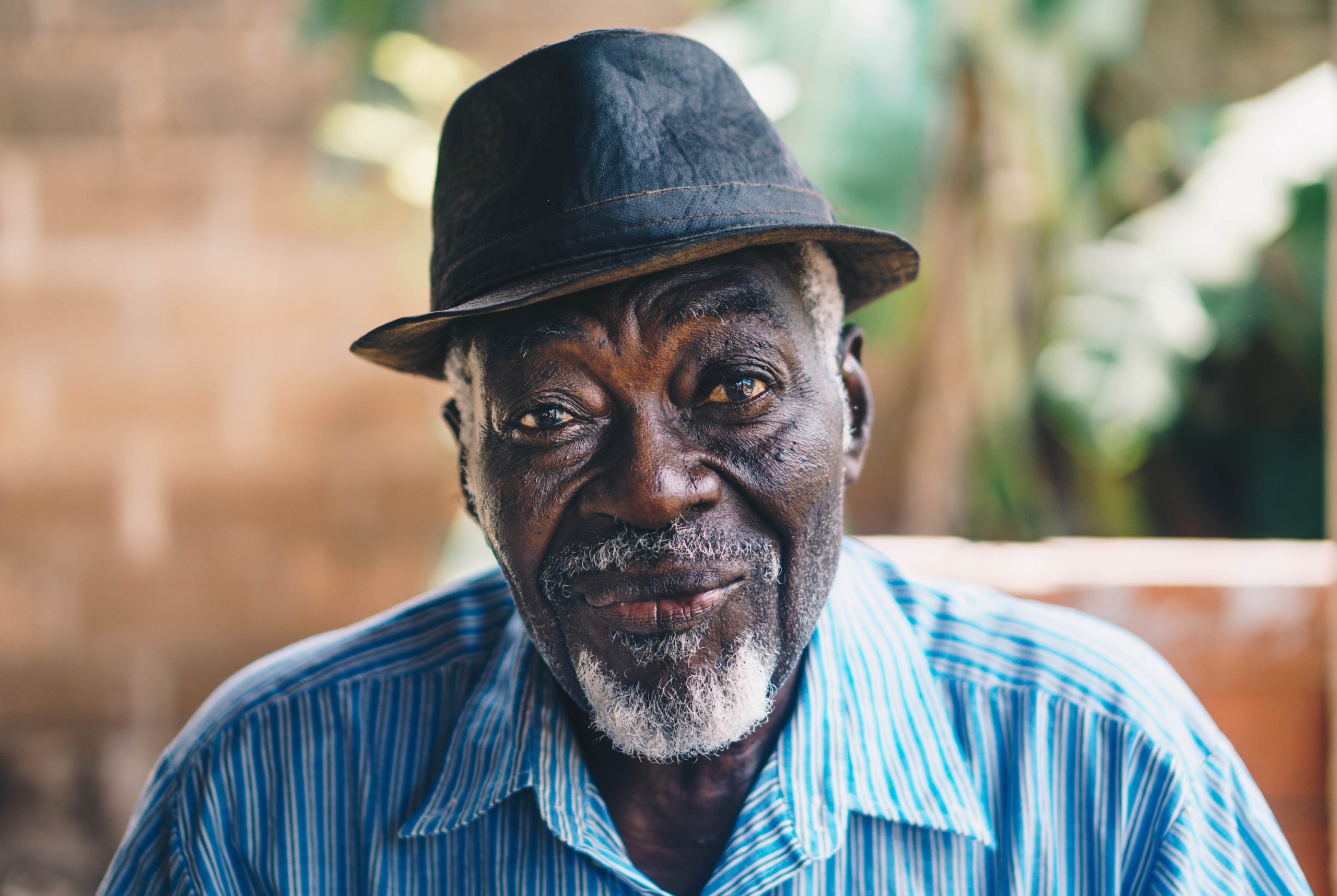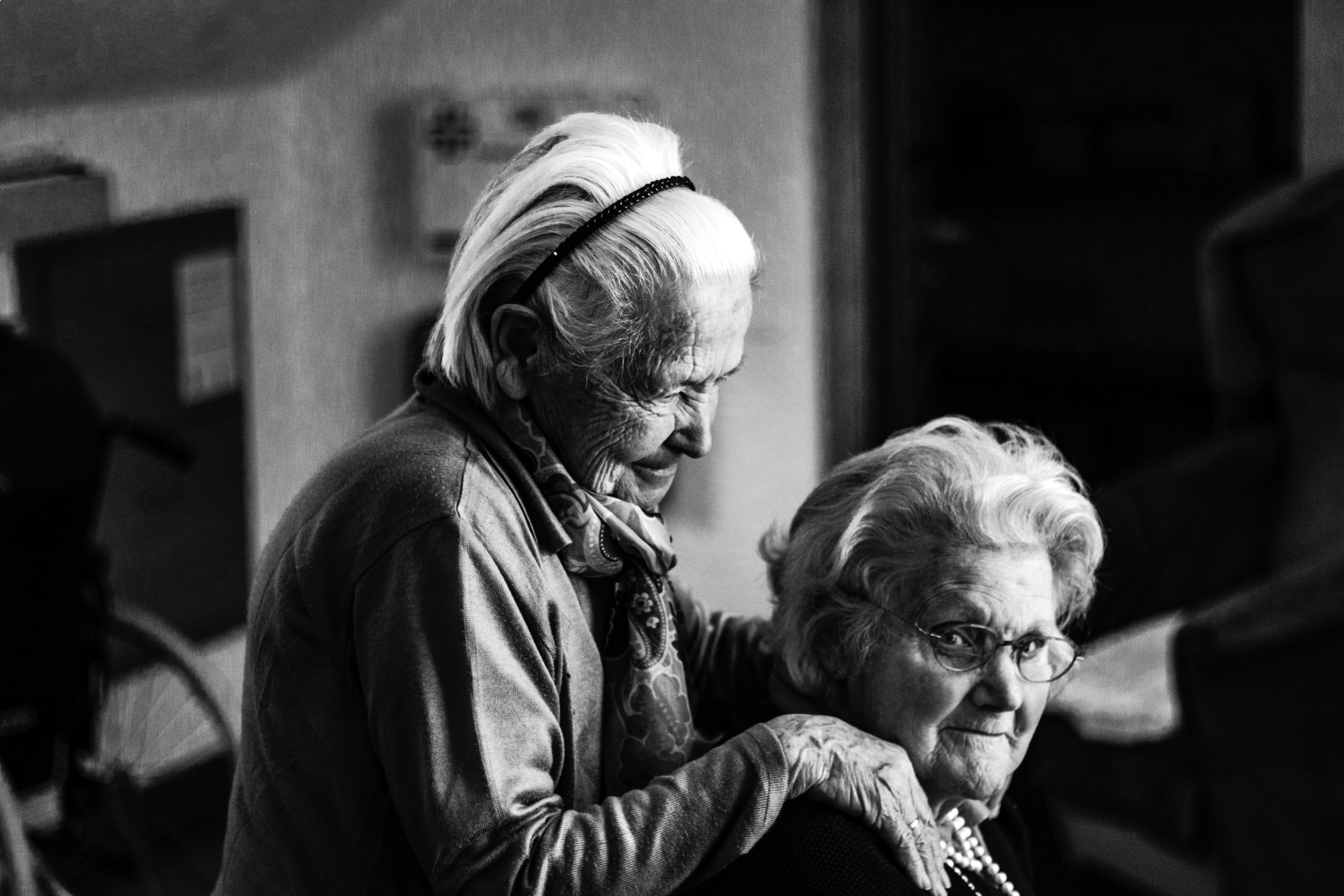Psychotherapy for Older Adults from Minoritized Ethnicities
The recently launched ACP Network of Ageing will include a focus on the intersection between age and ethnicity, in particular in relation to functional mental health conditions. I will be taking a lead on this area and I wanted to share some initial ideas I have about how this could be addressed. Later in the year this network will be hosting a webinar (more details below) where I will speak about the importance of historical knowledge when working with older adults from minoritized ethnicities.
There has not been a great deal of work done on how psychotherapy should be adapted for older adults from minoritized ethnicities. Research suggests that in the UK there is a higher prevalence of for instance depression among this group, as compared to white older adults (Williams et al., 2015). However, a review of interventions for depressed older adults published in 2012 found only seven articles which addressed this issue (Fuentes & Aranda, 2012). There is clearly a significant gap in the literature which should be addressed.
There are a number of areas which could be explored. One key area is the historical knowledge it would be helpful for clinicians to have in their practice. Clinical psychologists in the older adult field tend to have an appreciation of the importance of historical knowledge when providing therapy, but it seems that this knowledge tends to be better developed in relation to the history of the white majority population as compared to the histories of people from minoritized ethnicities. In particular there are likely to be deficits in terms of knowledge of the British empire and its legacy. I will be exploring this further in a webinar our network will host later this year.
Other areas which I have been considering include how to adapt longitudinal formulations, how to use approaches developed for a working age adult context (e.g. Andrew Beck’s work on Transcultural CBT), and what factors might inhibit reflection on working therapeutically with older adults from minoritized ethnicities. There will be many other areas which could be addressed and I would welcome suggestions as to how this could be taken forward. I recently led a well-attended workshop on this area at the annual conference of the Faculty of the Psychology of Older People, and my impression is that there is a significant number of clinicians who would like to see further developments in how psychotherapy is offered to older adults from minoritized ethnicities.
The intersectionality of old age and ethnicity means that this client group have not had their needs recognised and met by psychotherapists. My hope is that concrete steps can be taken to develop knowledge and practice in this area. The learning generated would be applicable beyond the older adult field. As mentioned above psychologists in general would benefit from knowing more about the histories of minoritized ethnicities. We will share further information about the upcoming webinar on history and its relation to this area of psychotherapy once details are confirmed.
References
Fuentes, D., & Aranda, M. P. (2012). Depression interventions among racial and ethnic minority older adults: A systematic review across 20 years. The American Journal of Geriatric Psychiatry, 20(11), 915-931.
Williams, E. D., Tillin, T., Richards, M., Tuson, C., Chaturvedi, N., Hughes, A. D., & Stewart, R. (2015). Depressive symptoms are doubled in older British South Asian and Black Caribbean people compared with Europeans: associations with excess co-morbidity and socioeconomic disadvantage. Psychological medicine, 45(9), 1861-1871.











